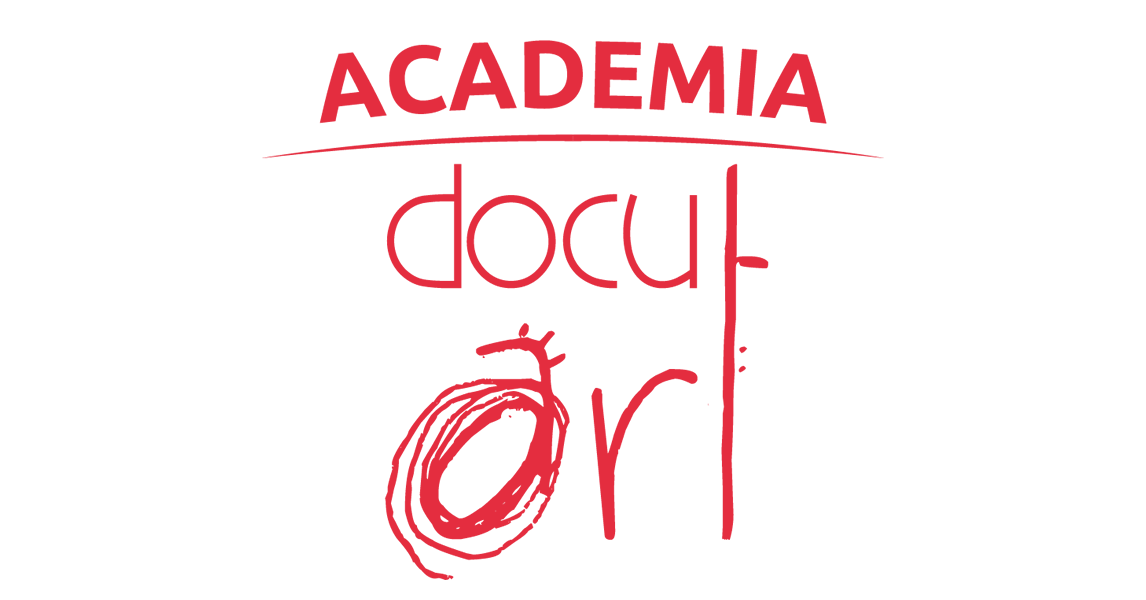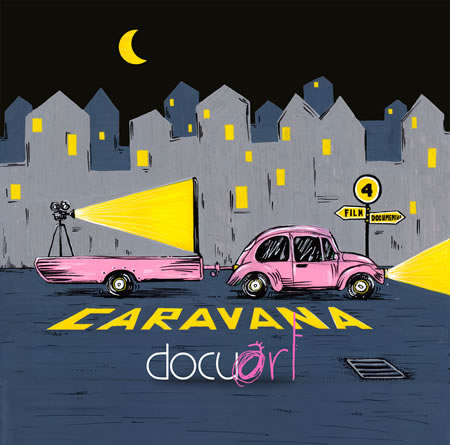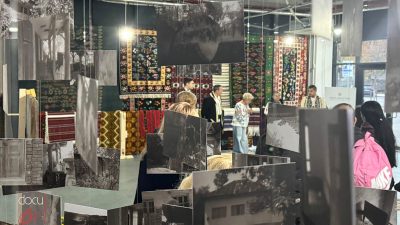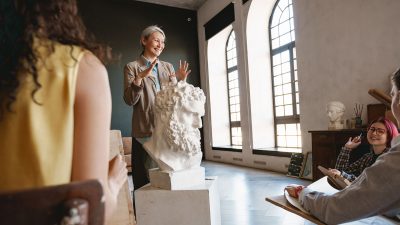In 2006 when I took Florin Iepan an interview he told me that among the documentaries he made until then he felt closer to those he made while he was a student „Cismigiu Hotel”, and „Singing by myself” or „Ten minutes with the Working Class”, because „then I felt free”. Seeing again today the second title that I mentioned, after two decades, I can’t contradict the film maker: the diploma documentary of Florin Iepan is undoubtedly the creation of a free, curious and daring spirit, unconfined by the patterns of the documentaries in that period (being mainly either too political or too much of propaganda, but in other directions than those before). Unfortunately the director didn’t prove the same courage in being in for, by risking everything in order to test the cinema language limits of the documentary and also his fellows didn’t fallow him. In the same interview Florin Iepan stated: „I think that any documentary must have a certain philosophical concept, even a political message.” And „Ten Minutes” has a powerful concept with political implications in a perfect concordance with the chosen stylistics and its ostentatious artificiality (even the filming objects as the dolly or the camel is part of the mise-en-scene). The film maker states: These are not workers anymore (at least as we got used to see them) and at the same time „This is not a documentary anymore” (at least as we got used to understand it). Florin Iepan adopts a seldom met position at the Romanian documentary producers: he apparently keeps the distance from his characters, analyzing them detached and distant but at the same time he asks them to „act”, to speak and to have a certain behavior; he asks them that, the director. The result is absolutely stunning. We are in a kind of „Jurassic Park”, whose exhibits are the last representatives of the working class in Europe. Here, a factory philosopher communicates through telepathy with the stars, a veteran close to retirement transfers the relay to a younger one, an orthodox and an evangelist have a tentative of debate on religious themes, other two men whisper „The Slaves Chorus” (sic!) to remember the good old times, and a retarded Hamlet cries in his poetry his first love that he had lost because of „The Grand Will”. Is there any way out for the working class „as proud as the sun”? Anyway the working class doesn’t go in paradise anymore (contrary to the final scene, when the guide among the dinosaurs meditating with his eyes closed and with a cigarette in his mouth, rises up easily over Lenin’s statue abandoned near Mogosoaia Palace), but dreams about its own paradise where an universal concord reigns; and here, in our island of latinity there is „the most fertile land for heaven”, the reason that we are so hated by the west. For the moment this Paradise is deallocated. Well, taking into consideration the honesty problem (and the manipulation of characters), discussed by some annotators I agree again with Florin Iepan who declared in 2008: „Morally speaking I didn’t do more than the communist system did. Let’s say I was doing a softer manipulation from the ideological, visual, cultural and anthropological point of view.” And whether we want or not, the cinema means also manipulation.












